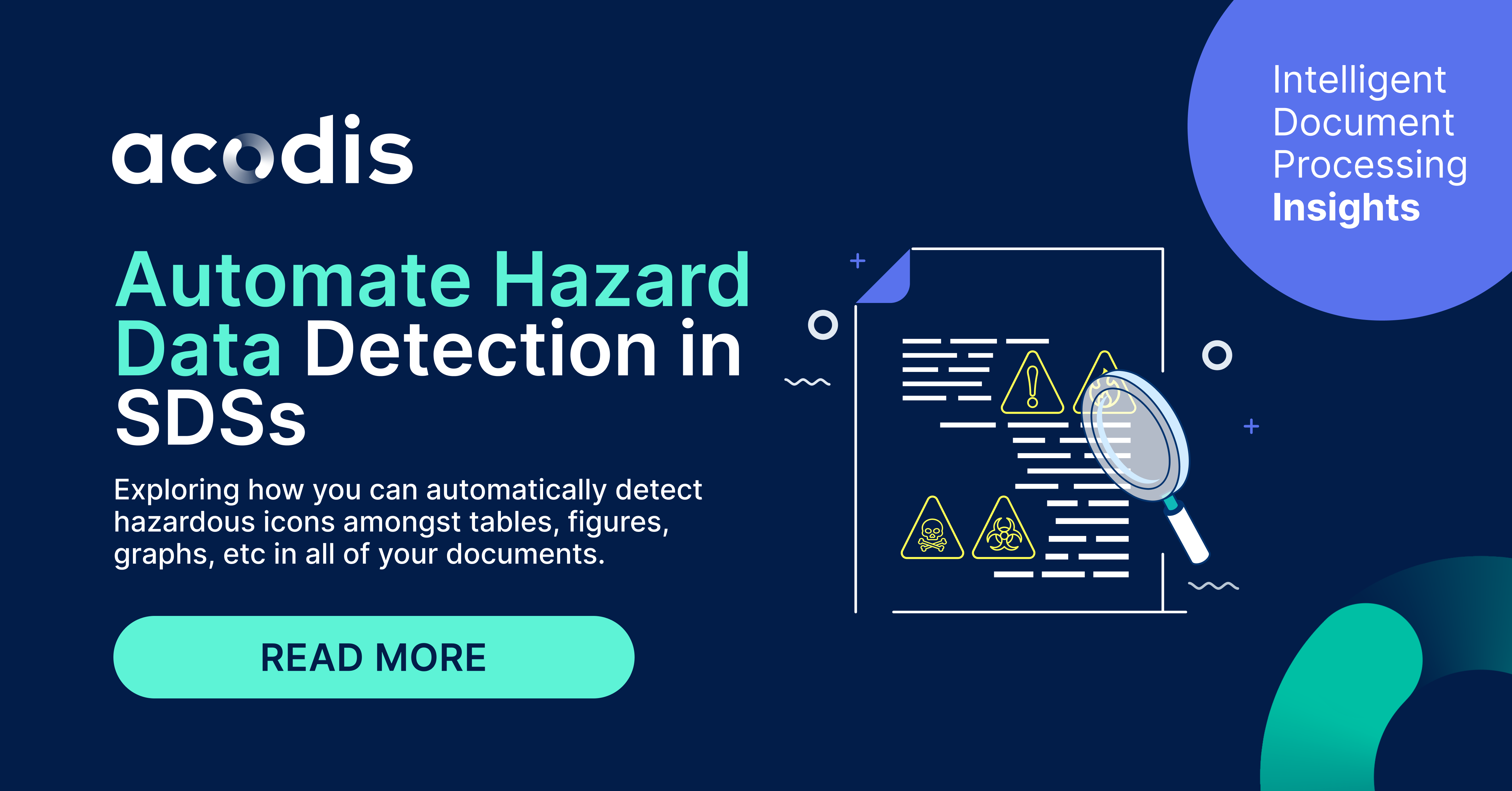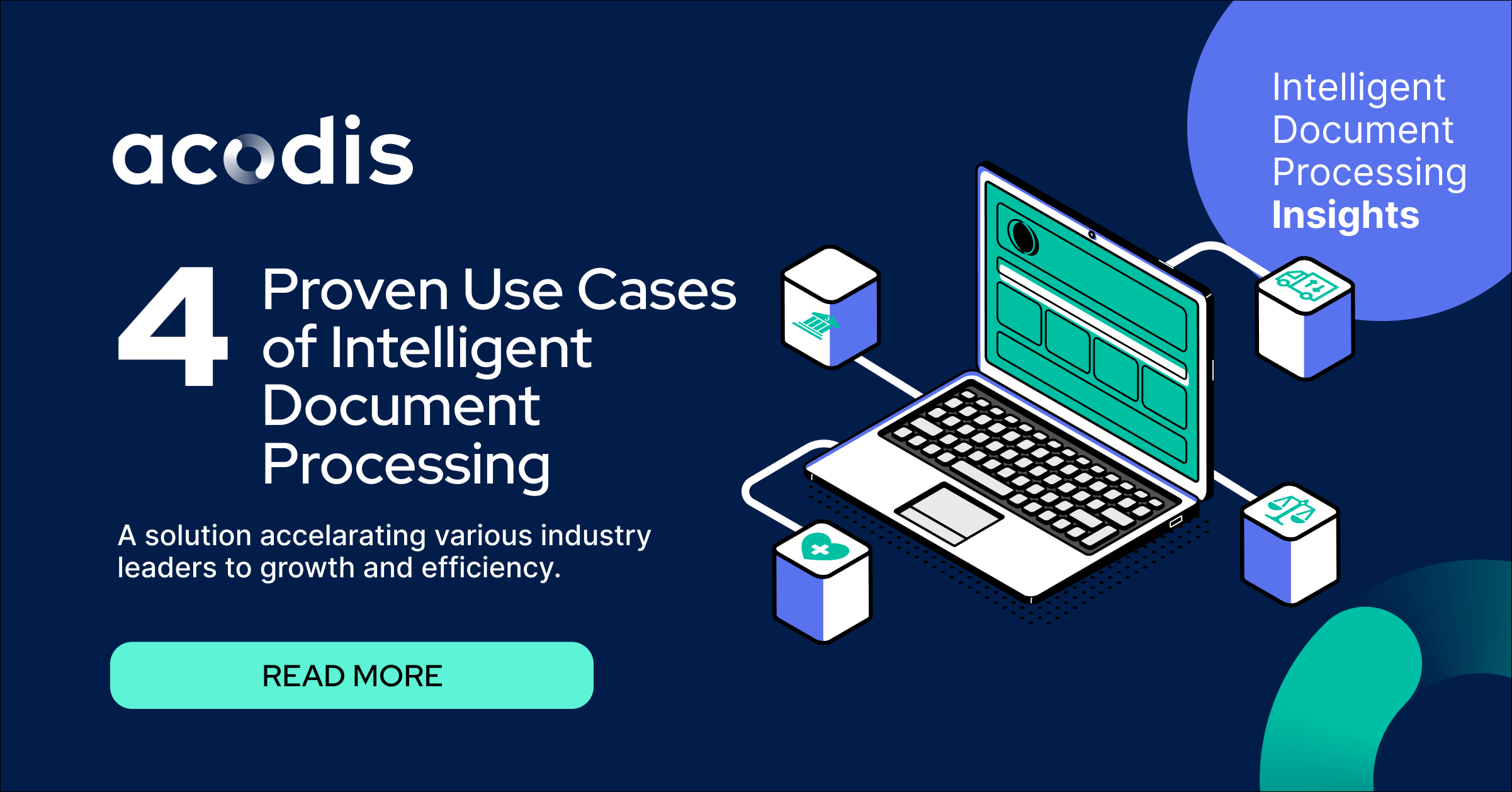Ridding ourselves from using paper is nothing new, especially in a world harnessing eco-friendly solutions – and while it’s challenging to eliminate paper from business documentation completely, AI can at least help us manage it. Here’s why AI and digitisation are the way forward to capturing more value from documents.
Firstly, why is data important?
Data is the core of almost every business decision made. Human resources managers gather data from digital resources to steer them to the best / most ideal candidates. Marketing departments use data to assist with segmentation, which then helps them target consumers more accurately. Business executives utilise data to monitor industry trends and even price fluctuations. And these examples are merely skimming the top off of the broader picture.
Data, when used effectively, enables businesses of all shapes, sizes, and origins to streamline countless processes and helps make informed decisions – which, in the end, will provide some form of success. While at first, data may seem like the golden ticket to any company looking for this dose of success, only the information gathered, stored, and extracted correctly can deliver positive results.
Data on paper is costly
Paper is not an efficient landscape for data to be stored; that is expensive and not good for the environment. According to a recent article, 60% of employee’s time devotes to working with documents—furthermore, 45% of paper documents are welcomed to the trash by the end of the day. Not only does this convey how companies are unconsciously throwing away money into the bin, but they are also losing paper documents just as much – with a physical file lost every 12 seconds.
These statistics don’t even include the business impact of losing or disposing of essential documents such as client files or sensitive personal information if a natural disaster were to occur. Above all, no company wishes to throw away money. Businesses that want to spend their resources on investments help them grow and increase their ROI (Return On Investment).
Digital data is better for business
Using data effectively requires exemplary digital architecture, which nowadays is often digital. On average, paper documents are copied 19 times, costing X amount in printer, ink, and paper fees. However, a digital form can be copied almost infinitely and promptly for free.
Digital data is safe and secure
But what’s even better is that data extracted from digital documents are safe, secure in a
database, and likely to have minimal errors. Unlike the data extraction from physical documentation, information can be audited and inspected thoroughly for inaccuracies – and then, it can easily be analysed. For many businesses, data is critical when making fundamental decisions. If the process between extracting and analysing information is uncomplex and timely, this can benefit
the company.
Above all, while digital documents are certainly the way forward, there are often
misconceptions about how we should digitise documents. For many companies, an easy but not-so-effective solution is to scan information or utilise outdated OCR tools. Here is where machine learning AI becomes relevant...
How machine learning / AI understand your documents
As fun as AI robots are, AI has other valuable applications (dramatised less in cinema), such as ML data extraction software.
Traditional machine learning, aka OCR (Optical Character Recognition), converts text or images into digital form. Modern-day, evolved versions of this tool can extract and analyse data accurately using AI. Ultimately, document AI understands the individual text on a page and the document type, layout, and lexis.
Ultimately, this lends itself a significant improvement to the entire process of extracting and understanding data. By eliminating the manual copy/paste or scanning, professionals are relieved of a substantial amount of time and stress – in addition to the constant worry about typos or erroneous entries.
The bottom line
Furthermore, handling digital documents is intrinsically safer and mitigates the risk of losing important information, which is a relief for businesses and their clients. From saving time and money, as well as the increase in data accuracy, digitising your documents with an ML engine is a no-brainer.
See for yourself what intelligent document processing looks like on your documents by requesting a meeting with one of our document solution experts,.




